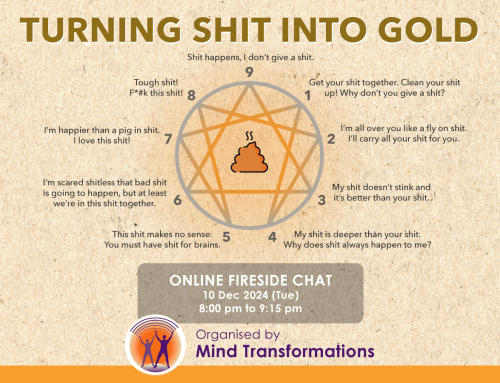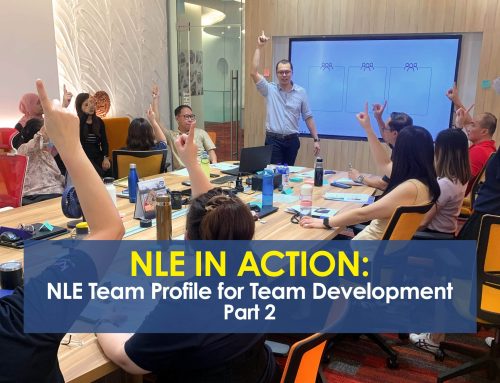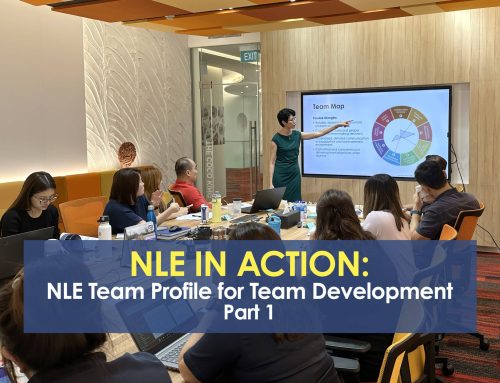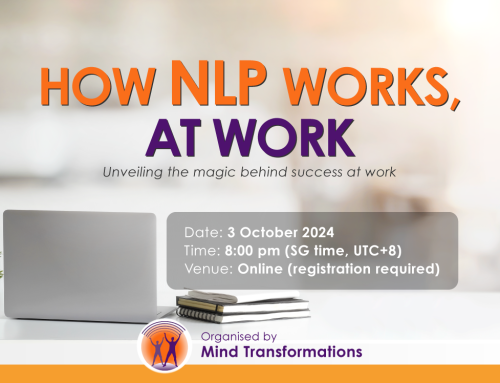Renita Sophia Crasta
(*This sharing was transcribed from a verbal transcript of Renita’s spoken thoughts.)
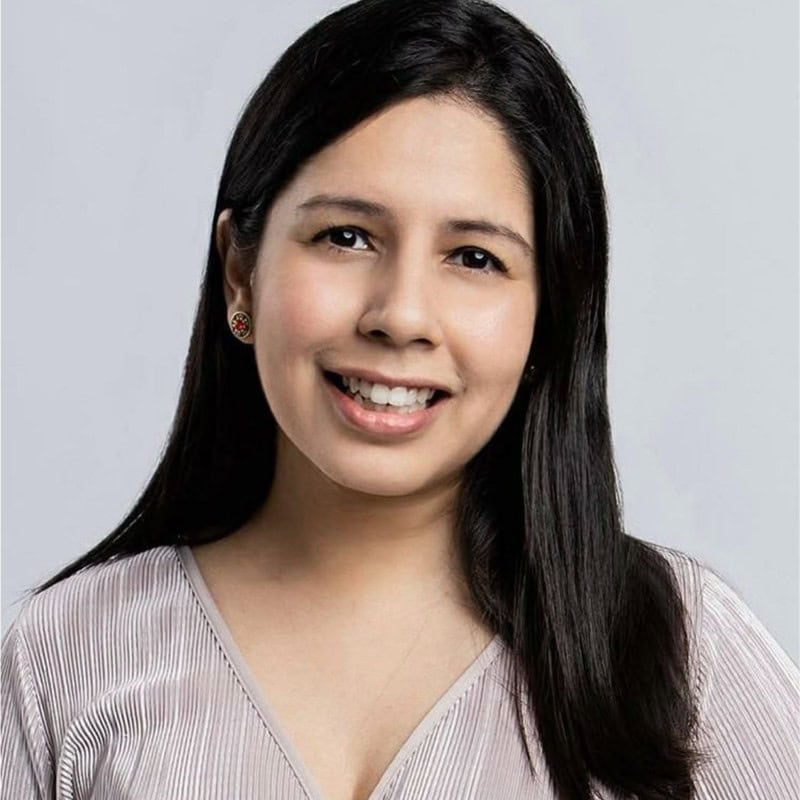
1) What brought you to the NLP course?
We operate in multiple environments - at home, at work, on community projects - with diverse people all the time. Others may sometimes misunderstand our good intentions. I wanted to convey my intentions better to get the important things done more effectively and collaboratively as a team.
I wanted to step back from doing things the same way and improve my communication and relationships as a leader. I believe that it’s good for all of us to do this from time to time.
Until now, whether through coaching, courses, or reading self-help books, I mostly took away theoretical knowledge.
This course was different. I didn't merely know or understand more. I'm grateful to be applying what I've learnt. By becoming aware of myself and those around me, within a short time, I can already see changes in how I listen and speak to people, build rapport, and communicate.
It was also the right season to slow down and notice my way of being.
One of the biggest self-learnings I've had is the realisation that I've been more of a do-er than a be-er. I've been doing a lot, rushing from one thing to another.
While I didn’t know much about NLP before, I certainly learnt the value of slowing down and paying attention better to manage myself and observe others' non-verbal cues. On top of listening better to what others say, these observations direct how I communicate back to them.
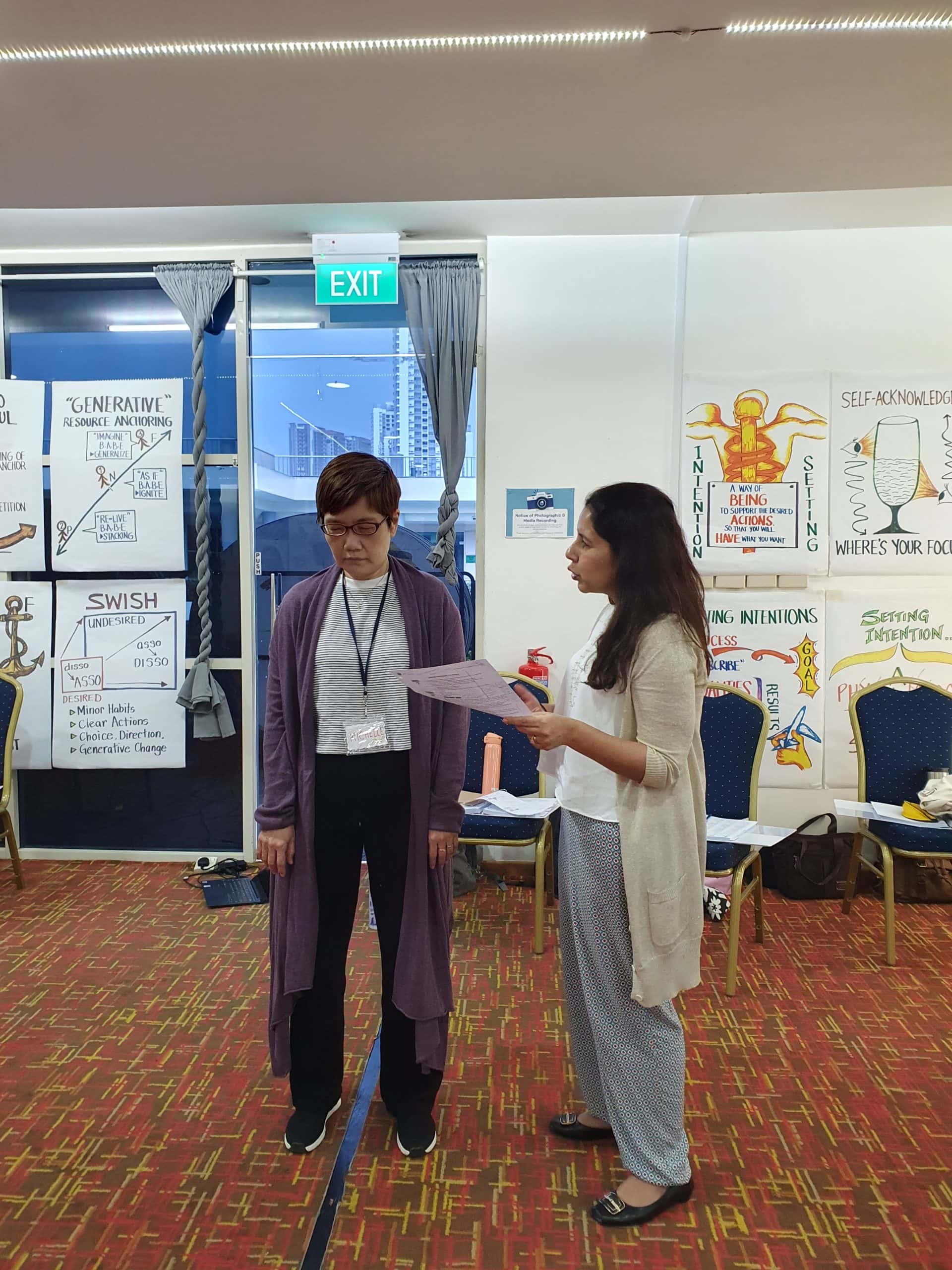
2) What helped you in this course? What were some of your bigger takeaways?
The course is beautifully broken down so simply for us to understand. It has opened my mind in unexpected ways. I describe it as almost life-changing.
The programme helped me have the mental models, tools and techniques so I feel more confident to get to where I want to be as a leader and communicator, not just "wing it".
Confidence comes from having structure. With structure, we can use the tools and techniques we learnt to manage ourselves or as a mind map to approach situations in this constantly evolving VUCA world.
For me, the most powerful phrase in the course is, "The answers lie within you."
When you go through life, there are times when you're confident and many ambiguous, uncertain or discouraging times as well. Knowing this phrase, we can self-regulate, manage ourselves and find the steps to solve a problem. It's not always as complicated or as bleak as we think, when we break things down step by step. Through the course, we already have the tools to take action, whether in the form of beliefs or actual techniques.
We have so much power in ourselves to change our mental models, mindset frames, and how we think about situations and respond to others. Interestingly, even the words we choose can make a difference in guiding and directing others and evoking outcomes from them.
As a lawyer, I'm supposed to know how to ask questions in a certain way, strategically to manage situations and be clear about the intended outcomes. But it's more than just the actions or the "doing".
The challenge is how you get the state of "being" to achieve a better, more sustainable solution. We need to slow down and invest in those steps to reach a better position for all.
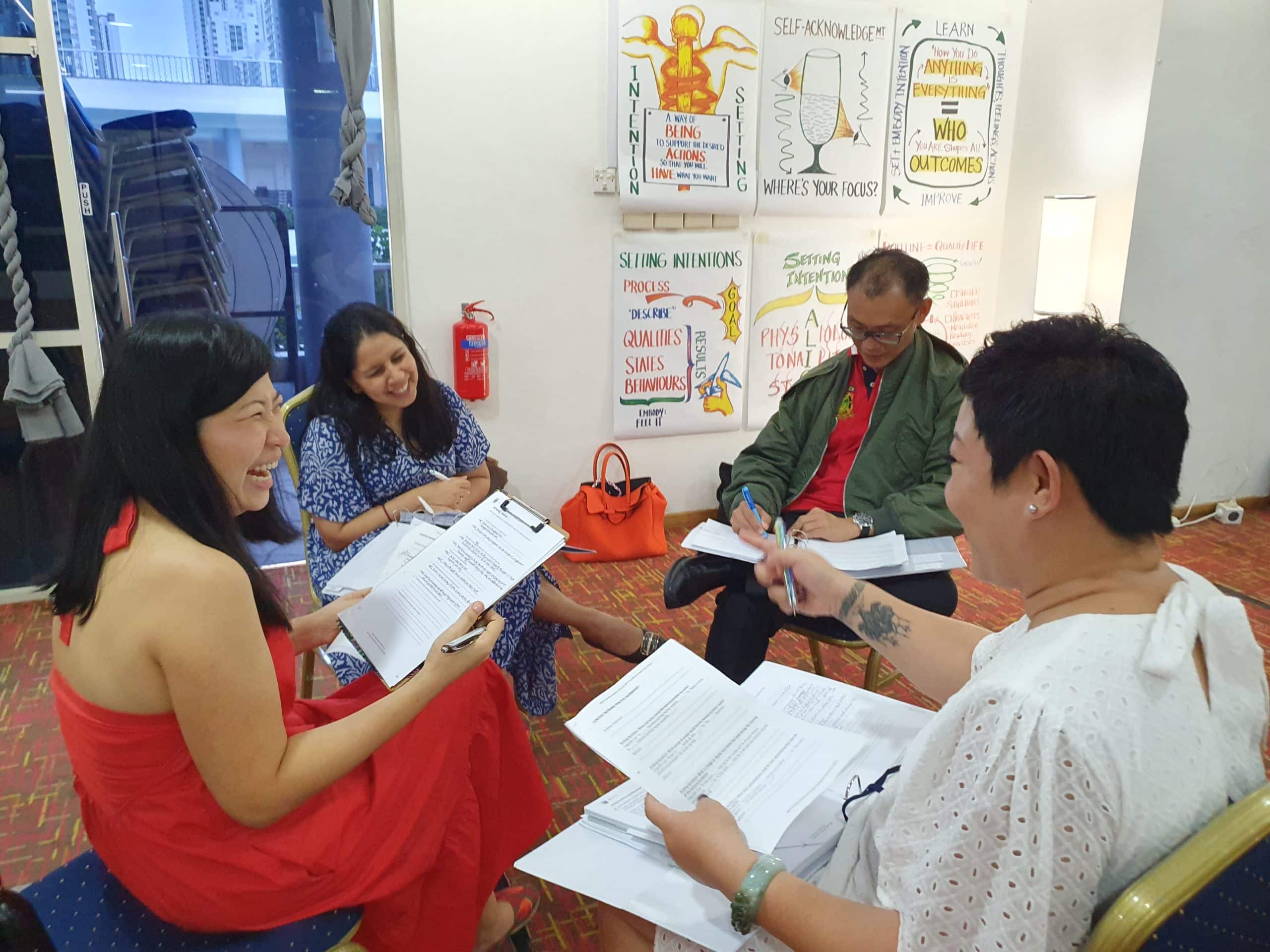
3) Who do you think this course may be relevant for?
The course is very relevant for leaders and managers, but I would say even senior leaders. As leaders, we can make a significant impact when we communicate in a positive and measured way.
The higher you go, the more you're being watched and critiqued. Our responsibilities are not trivial and require care when we execute them. Yet, despite not always knowing how to navigate every situation, leaders are expected to respond quickly amid constant change.
I see this course changing anyone's life. Anyone can benefit at any stage of their career.
If you are in your early career and trying to find a sense of yourself and what you should be doing, you'll want to know how to manage upward, sideways, and downwards across all levels and communicate with different character types. Then, as you rise through the ranks and go through different phases of work and leadership, you sometimes need to slow down, take stock of where you are, and develop yourself to become better. So, even higher up, many leaders can benefit from it.
Because I'm a legal counsel, I would also say even lawyers can benefit from this. It's related to mental health - in high-stress professions, professionals tend to keep it in a lot more, to the detriment of their mental health. Learning these tools lets you become self-aware of your emotions and deal with the situation in manageable, logical steps.
The sooner we are aware of and keep practising NLP, it will make for a better society overall. Less stress across the board, better leaders. I'm looking forward to sharing this with more people.
This is probably the best course I've ever gone for.
It was part of the missing piece I felt in life; sometimes, we are not just one aspect of ourselves. We are beings made up of many thoughts and emotions, and it's important to take stock of them to become better versions of ourselves.
NLP will also help in the workplace, community relations, and at home in some of the most challenging relationships because we gain an understanding of people around us and learn how to manage ourselves to respond better to situations.

I'm grateful to have found the course - better late than never!
One last thing. The people who facilitate the course were very good. We could all sense that the entire team was proficient and believe in the vision. It made my classmates and me very comfortable and able to bond and share easily. We also noticed that the whole experience and delivery is set up for us to succeed - to absorb the information, bring it back and apply it in our lives. I feel the sincerity coming through in every single way. Thank you again for this very well-structured, well-delivered course.


